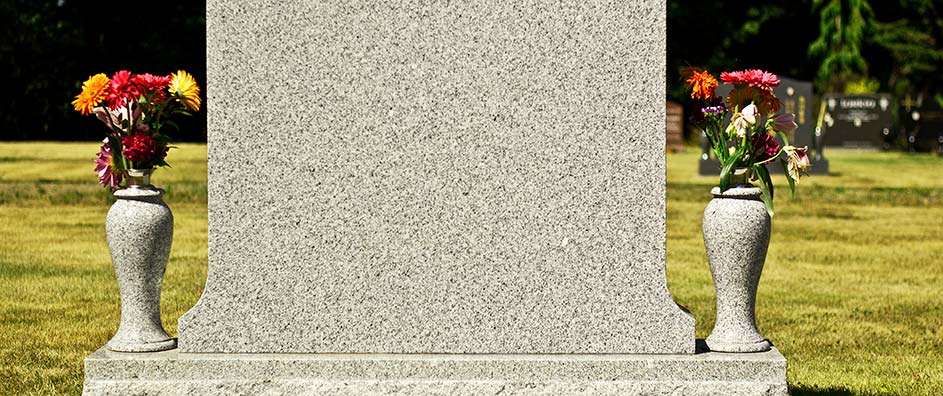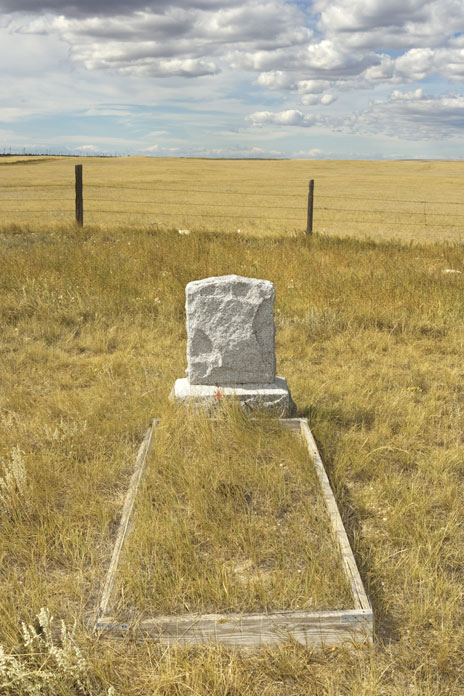The views expressed in our content reflect individual perspectives and do not represent the authoritative views of the Baha'i Faith.
 When I was a young man, I aspired to poetry. One of my lines summed up my poetry quite well: “O lugubriosity. You are such a curiosity!” (“Lugubriosity” is a rare word for “mournfulness.”) In other words, I was self-critical.
When I was a young man, I aspired to poetry. One of my lines summed up my poetry quite well: “O lugubriosity. You are such a curiosity!” (“Lugubriosity” is a rare word for “mournfulness.”) In other words, I was self-critical.
So were others. At one poetry reading, a listener remarked to another: “What this guy needs is a girlfriend!” Now that’s not how I’d like my poetry to be remembered, much less my life.
Most of my poetry was doggerel, buried in the past like an old bone. I’d have to look through old papers to see what poems I actually kept. Most of them are gone. Fortunately or not, I remember a few by heart — not sure why, but they sort of stuck with me all these years.
Strange to say, I actually wrote my own epitaph back then:
Epitaph
Sun is stone
Ground by tread-
Milling earth,
Baking heavened
Clouds of flour,
Becoming
Blackened bread,
Overdone.
Beneath me
Acorns crunch
Under molar
Soles knowing
Forest must
Someday be
Cut to dust
Dry boards they
Make our coffins
So appropriate
Their revenge …
When Christopher’s carrion
Culls vultures,
As black ants dance
On his cadaver
Transforming him
Into formlessness,
No matter …
Bury me with feathers
Plucked by the sky
From roosters
Who had tried …
– Christopher Buck (1972)
Everyone wonders how they’ll be remembered. So what do the Baha’i writings have to say about death and memory? One questioner asked Abdu’l-Baha “Through what means will the spirit of man—that is to say, the rational soul—after departing from this mortal world, make progress?” He answered:
The progress of man’s spirit in the divine world, after the severance of its connection with the body of dust, is through the bounty and grace of the Lord alone, or through the intercession and the sincere prayers of other human souls, or through the charities and important good works which are performed in its name. – Abdu’l-Baha, Some Answered Questions, p. 240.
This brief explanation makes it clear that, if one does not leave behind “charities and important good works,” then a good personal legacy is the next best thing. Why?
So that your children — and others who are close to you — may remember you in their prayers, which will be a blessing for you and will help the progress of your soul in the world beyond:
As the spirit of man after putting off this material form has an everlasting life, certainly any existing being is capable of making progress; therefore, it is permitted to ask for advancement, forgiveness, mercy, beneficence and blessings for a man after his death because existence is capable of progression. That is why in the prayers of Baha’u’llah forgiveness and remission of sins are asked for those who have died. …
The wealth of the other world is nearness to God. …
If a wealthy man at the time of his death bequeaths a gift to the poor and miserable, and gives a part of his wealth to be spent for them, perhaps this action may be the cause of his pardon and forgiveness, and of his progress in the Divine Kingdom.
Also a father and mother endure the greatest troubles and hardships for their children; and often when the children have reached the age of maturity, the parents pass on to the other world. Rarely does it happen that a father and mother in this world see the reward of the care and trouble they have undergone for their children.
Therefore, children, in return for this care and trouble, must show forth charity and beneficence, and must implore pardon and forgiveness for their parents. So you ought, in return for the love and kindness shown you by your father, to give to the poor for his sake, with greatest submission and humility implore pardon and remission of sins, and ask for the supreme mercy. – Abdu’l-Baha, Some Answered Questions, pp. 231–232.
So no matter what, try to do a few good deeds in this life — not only because it’s good to do good, but because it’s good for your soul, in the next world, when those whose lives you’ve touched by your good deeds will remember you in their prayers. One Baha’i prayer states:
I beseech Thee so to enrich me as to dispense with all save Thee, and be made independent of anyone except Thyself. Rain down, then, upon me out of the clouds of Thy bounty that which shall profit me in every world of Thy worlds. Assist me, then, through Thy strengthening grace, so to serve Thy Cause amidst Thy servants that I may show forth what will cause me to be remembered as long as Thine own kingdom endureth and Thy dominion will last. — Baha’u’llah, Baha’i Prayers, p. 173.
What will they say when you die? Some good words, I hope — and a few prayers for the progress of your soul as well.
You May Also Like
Comments


















I'm sure you're familiar with this Tablet from Abdu'l-Baha (Selections, pp. 199-200), but I'll post it in your dear son's memory:
* * * * *
The death of that beloved youth and his separation from ...you have caused the utmost sorrow and grief; for he winged his flight in the flower of his age and the bloom of his youth to the heavenly nest. But he hath been freed from this sorrow-stricken shelter and hath turned his face toward the everlasting nest of the Kingdom, and, being delivered from a dark and narrow world, hath hastened to the sanctified realm of light; therein lieth the consolation of our hearts.
The inscrutable divine wisdom underlieth such heart-rending occurrences. It is as if a kind gardener transferreth a fresh and tender shrub from a confined place to a wide open area. This transfer is not the cause of the withering, the lessening or the destruction of that shrub; nay, on the contrary, it maketh it to grow and thrive, acquire freshness and delicacy, become green and bear fruit. This hidden secret is well known to the gardener, but those souls who are unaware of this bounty suppose that the gardener, in his anger and wrath, hath uprooted the shrub. Yet to those who are aware, this concealed fact is manifest, and this predestined decree is considered a bounty. Do not feel grieved or disconsolate, therefore, at the ascension of that bird of faithfulness; nay, under all circumstances pray for that youth, supplicating for him forgiveness and the elevation of his station.
I hope that ye will attain the utmost patience, composure and resignation, and I entreat and implore at the Threshold of Oneness, begging for forgiveness and pardon. My hope from the infinite bounties of God is that He may shelter this dove of the garden of faith, and cause him to abide on the branch of the Supreme Concourse, that he may sing in the best of melodies the praise and glorification of the Lord of Names and Attributes.
* * * * *